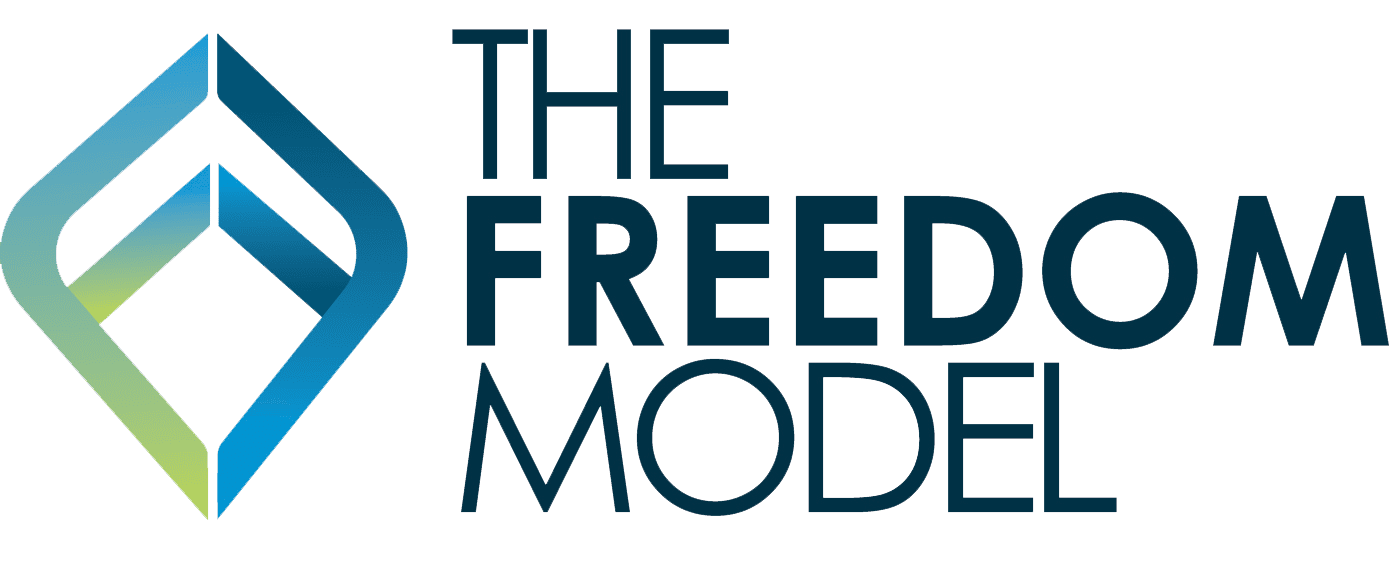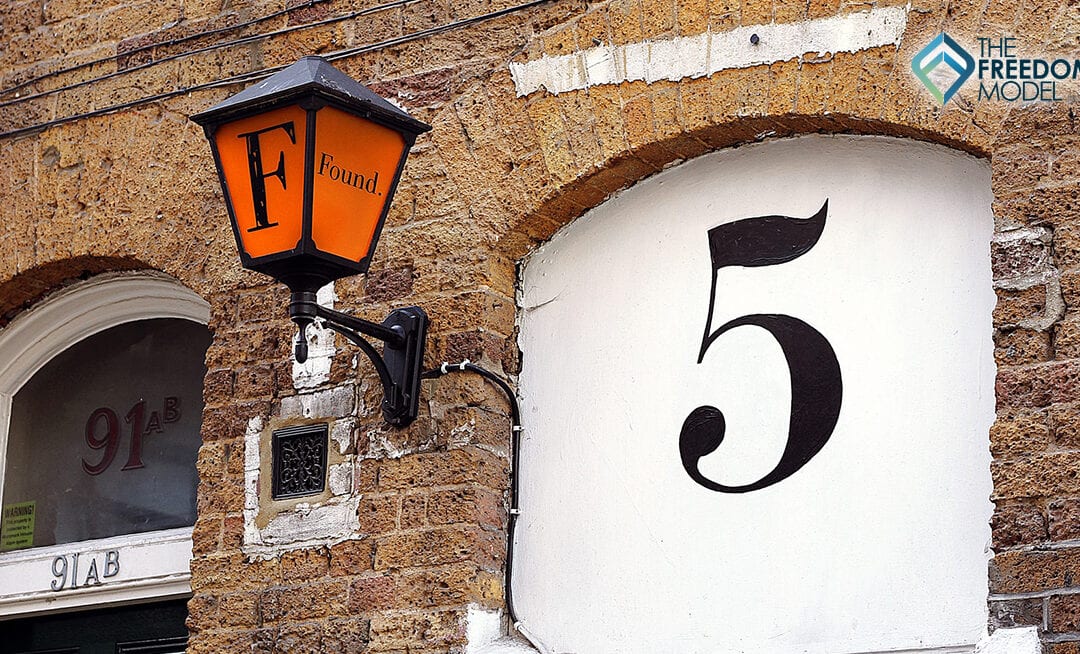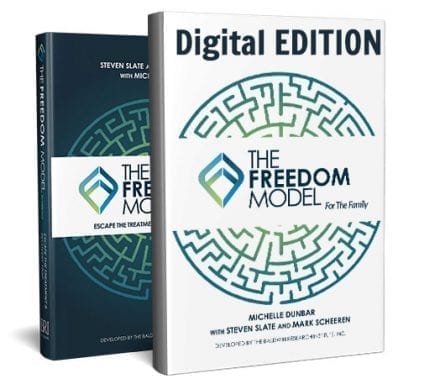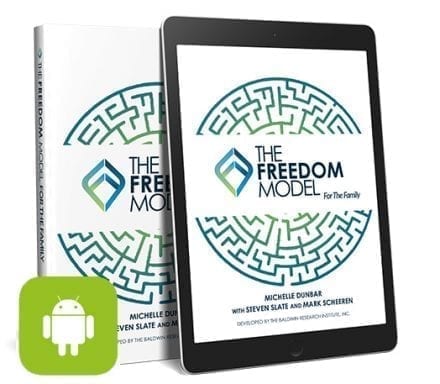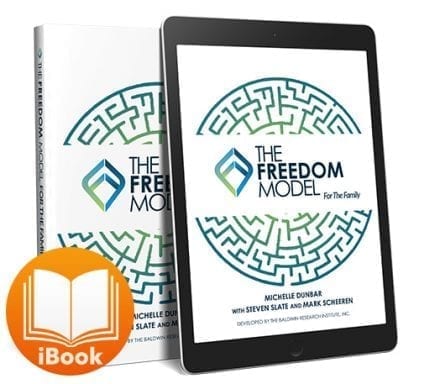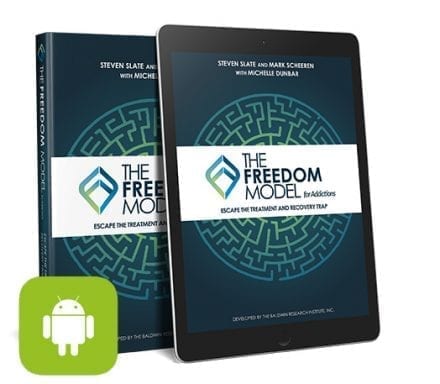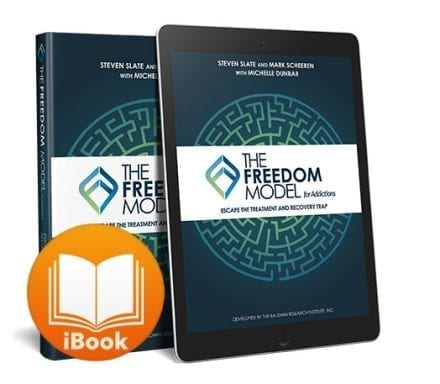In addiction recovery, you have two options: heavy, uncontrolled substance use that leads to jails, institutions, and death, or complete abstinence from all substances whether you like it or not. And in treatment/recovery the primary motivator for abstinence is focusing on all the negative consequences and costs you have experienced and might experience as a result of your heavy substance use. There are two primary problems with this approach that are also the reasons most people are not successful. First, when resolving a substance use problem there are more than two options for substance use; and second, negative motivators are largely ineffective.
When the data was analyzed from the largest studies done to date on addiction in the United States (NESARC I, II, III), it showed that 90+% of those who once qualified as being addicted to alcohol or drugs had resolved their problem, and only about 20% ever went to a treatment program or recovery meeting. Furthermore, as many as 50% of people who once qualified as having “alcoholism”, or what is now known as “alcohol use disorder”, reduced their drinking to non-problematic levels. In other words, they became moderate drinkers. So the idea that there are only 2 options for people seeking to solve their addictions is completely false, and we find that it actually keeps people from doing what is necessary to solve their problem: and that is figuring out how happy their pattern of substance use is actually making them, and allowing for the possibility they can be happier making a change.
When it comes to motivation for change, there is a much more effective motivator – focusing on the benefits you see in the change. No one goes into a drinking or drugging episode planning for it to go badly no more than anyone gets on a motorcycle planning to crash. They are motivated to use their preferred substance because of the benefits they see in using it – or the things they like about it. And, even if their substance use has had some troubling consequences when they embark on a substance-using episode, or binge, they are willing to pay the costs (or deal with the consequences) at the time they make that decision because they are primarily focused on those perceived benefits.
Some people can develop troubling habits surrounding their substance use, and breaking these habits can be challenging. It is these habitual thoughts, behaviors, and beliefs that can make reducing use difficult without spending some time abstinent first. Certainly, we see in the data that some people stop heavy use and reduce their use easily, but for those who struggle, a period of abstinence from your preferred substance can be quite beneficial.
Here are 5 benefits of spending time abstinent from your preferred substance(s):
- Breaking the habit. People are habit-forming creatures. When we repeat a behavior, we become much more efficient at it and eventually can do this activity without putting much thought into it. Often, our substance use habits are ritualistic in nature and can be tied to all kinds of circumstances and situations. By spending some time abstinent you will break the habit at all levels.
- Changing your relationship with the substance. When people use a substance frequently and heavily, they build a relationship with that substance, meaning it becomes an integral part of their life. You may feel like you need this substance to perform certain tasks, to relate to certain people, or to deal with life’s stress, emotions, or difficulties. You may build up the substance in your mind to hold some “magical” powers, and you may even build a fantasy life around it. A period of abstinence from that substance will put the substance in a more realistic light and show you that you don’t need it for the things you thought you did.
- Experimentation: Can I be happier abstinent? If you look at abstinence as being deprived of what you love and really want to do, then it will be a tough road. You don’t have to look at it this way at all. You can look at it as a “happy experiment” where you’re challenging yourself to become happier without it. If your relationships are strained, your job or health are in jeopardy, or you’ve just been stuck in a rut feeling depressed, isolated, and anxious then you will likely see immediate improvements in all these areas simply by choosing not to drink or drug for a period of time.
- Expanding Your Options. When you use substances frequently and heavily, you can get stuck in a rut where your options seem very limited. Many times heavy substance users get tunnel vision. They may have stopped doing other activities they used to like to do, and they may believe using is their only option for relaxation, escape, and some little sliver of happiness in their life. If you’ve gotten to this point where substance use is your primary focus in life, when you stop doing it, you realize immediately that you have more time and energy to explore other options. You will have the opportunity to explore activities and hobbies you may have abandoned, or try something new.
- Changing Your Self-Image. We hear it all the time; heavy substance users defining themselves as addicts or alcoholics. This self-image comes with tremendous negative baggage that is largely inaccurate and not helpful. Taking on the addict/alcoholic self-image implies that you are powerless over substances, that you are permanently broken, and that you will be forever out of control with respect to substance use. Not only can this make cutting back on your use or abstaining feel impossible, but it can cause you to feel out of control in many other areas of your life as well. Think about it, there are literally no other behaviors/habits you can do that will define you as a person other than substance use. If you believe yourself to be forever broken, damaged, and diseased with an affliction that makes you incapable of making “good” decisions about substance use – or other areas of your life, then you will continuously struggle. By spending some time abstinent without identifying yourself as “in recovery”, you will quite naturally shed the identity of the addict/alcoholic.
If alcohol or drug use has become a daily habit, or if you have developed a binge cycle with your substance where your substance-using episodes feel heavy and out of control, then spending some time abstinent can be most helpful when seeking to reduce your use to non-problematic levels. And remember stopping heavy, daily alcohol use or benzodiazepine use abruptly can be life-threatening so it is a good idea to get evaluated by a medical professional to see if checking into a medical detox is necessary for your safety.
Either way, giving yourself the time to see if being abstinent can end in better outcomes with a happier lifestyle might be your goal to try. I know I did it, and I never looked back. Given enough time abstinent, while being focused on moving on and seeking a happier life, created the environment where new habits formed and the old me died on the vine. It wasn’t difficult to change because I was changing in a positive direction. I stopped focusing on shame and costs and instead focused on all the benefits of moving on. Give this a try. Like me, you might find out that life is a lot better on the abstinence trail!
For more information about The Freedom Model for Addictions, Escape the Treatment and Recovery Trap, call 888-424-2626.
